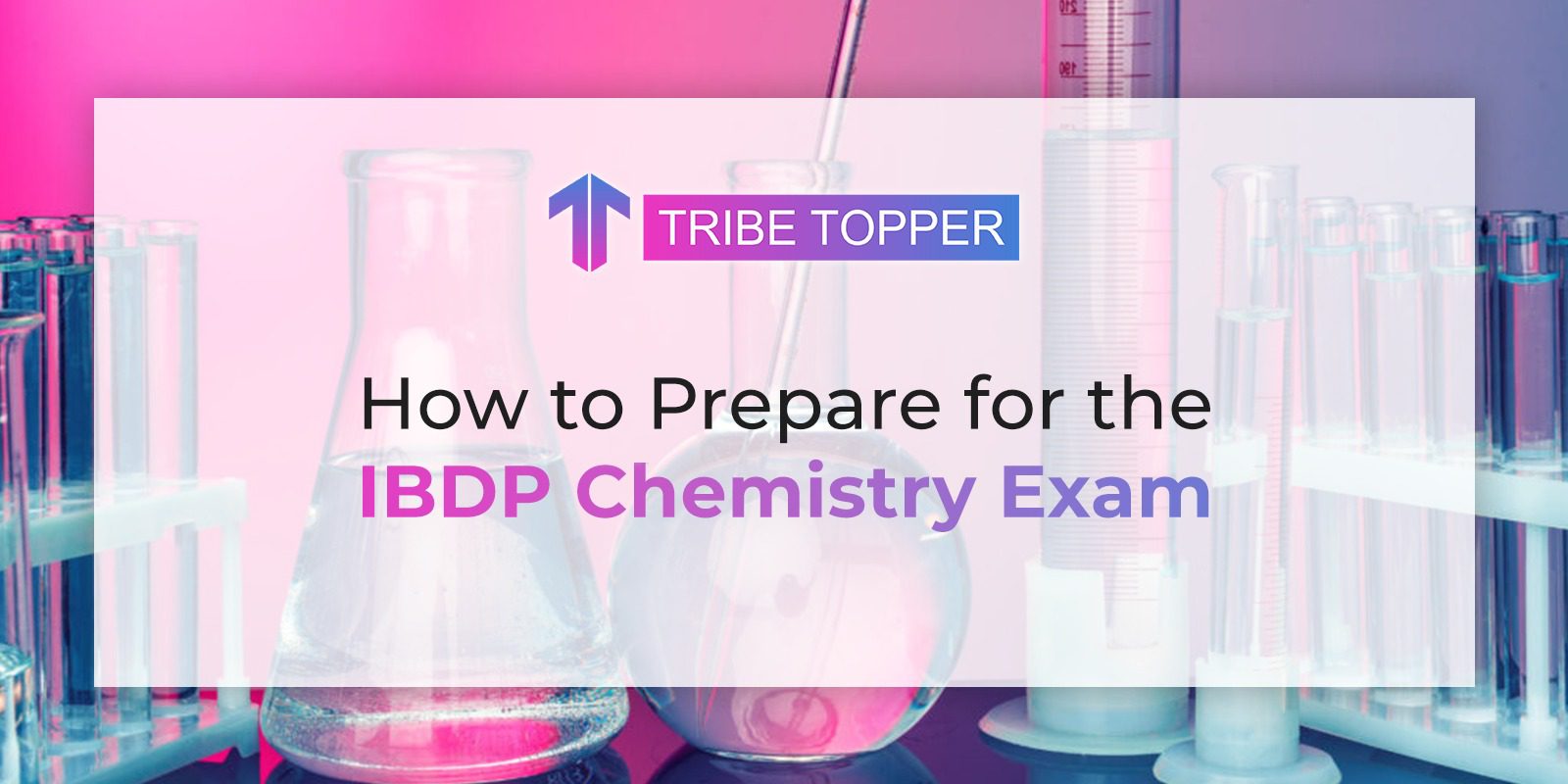Are you looking for the best way to prepare for the IB Chemistry course? These are the top five suggestions to help you complete the course and pass with flying colors!
#1 Prior start the course
It is essential to choose an IB Chemistry course that is appropriate for your level of expertise because doing so will make the preparation process easier for you. The SL Chemistry course is routinely passed with flying colors by students with no prior knowledge of chemistry. Nonetheless, due to the breadth and depth of the topic, some background in IGCSE Chemistry or its equivalent is necessary to be appropriately prepared for the HL Chemistry course. Consult with your instructors and/or seniors and choose between SL and HL based on your interest.
#2 Consistently study and strive to keep up with the class.
Since most IB Chemistry topics build on one another, if you don’t understand the foundational ideas, you won’t be able to understand many of the later themes. Don’t let your understanding of a subject advance over time. Don’t try to catch up the night before a test; instead, devote at least a few hours per week to learning the subject as it is taught. It is also beneficial to remain one or two topics ahead in a class by learning them in advance, as most institutions teach that moves very quickly. Ask your Prep Zone tutor to go over certain topics with you in advance if you’d like.
#3 Build a solid foundation
So that you can identify the concept you will need to recall to answer a certain question, make sure you completely understand each concept and are aware of the numerous contexts in which they could be employed. Also, since the devil is in the details, many of the problems on the IB Chemistry exam demand a solid understanding of the underlying concepts, so simply memorizing the surface won’t be helpful. Use the textbook and other resources your teacher has provided if you want to comprehend the subjects.
#4 Keep in mind every definition, formula, and reaction
Every word that appears in the definitions that are included in each chapter must be remembered. You cannot utilize the data booklet for Paper 1 even if it contains all the formulas. You must thus know the necessary formulas to resolve several issues in Paper 1. You also need to have access to all chemical processes to react to the queries swiftly and effectively.
#5 Review and practice past exam questions
Practice questions from the textbook and previous IB Chemistry exams after you have a good knowledge of the principles in a particular area. It is essential to practice questions from at least the last five exam papers to become familiar with the numerous questions that can be assessed from that area. Review the previous paper before going on to the next one. Compare your answers to the distribution of grades. The next time you respond to a question with a similar theme, be sure to include the information that was left out of your responses. Make a note of it.
#6 Collaborate
Nothing beats collaborating with peers when it comes to effectively mastering difficult subjects. Collaborative learning is enjoyable not only with friends but additional ideas are brought to the table throughout this process. Don’t be afraid to ask your peers for assistance when working on your assignments. However, some tasks must be handled solely.
Please ask the teacher if one can collaborate in such circumstances. Try to participate in group conversations to get study materials and get advice from past IB students.
#6 Recommend Sources
The following sources are highly suggested for comprehending the general theoretical knowledge of each subject.
• The Pearson IB Diploma Chemistry Textbook
• YouTube channel of Richard Thornley
• Cambridge’s IB Diploma Exam Preparation Guide for Chemistry
Ironically, the tools that we employed remained constant. But students’ grades increased from a 5 to a 7 because of the study methods they employed. Above, we have gone over the specific techniques that can multiply your understanding by ten.
It’s quite fine If you haven’t consumed every detail from the syllabus guide to memory; you can wait till you’re getting closer to the exam. You can practice the calculation or knowledge point in the next review session if you are unable to answer a specific question. Please be patient as it takes time. You can improve your IB Chemistry grade by following the tips listed above and incorporating these essential study strategies into your revision. It’s you who has to study and the only secret to successful learning is consistency and commitment. I hope these tips will be helpful to achieve the desired results.

As the editor of the blog, She curate insightful content that sparks curiosity and fosters learning. With a passion for storytelling and a keen eye for detail, she strive to bring diverse perspectives and engaging narratives to readers, ensuring every piece informs, inspires, and enriches.










